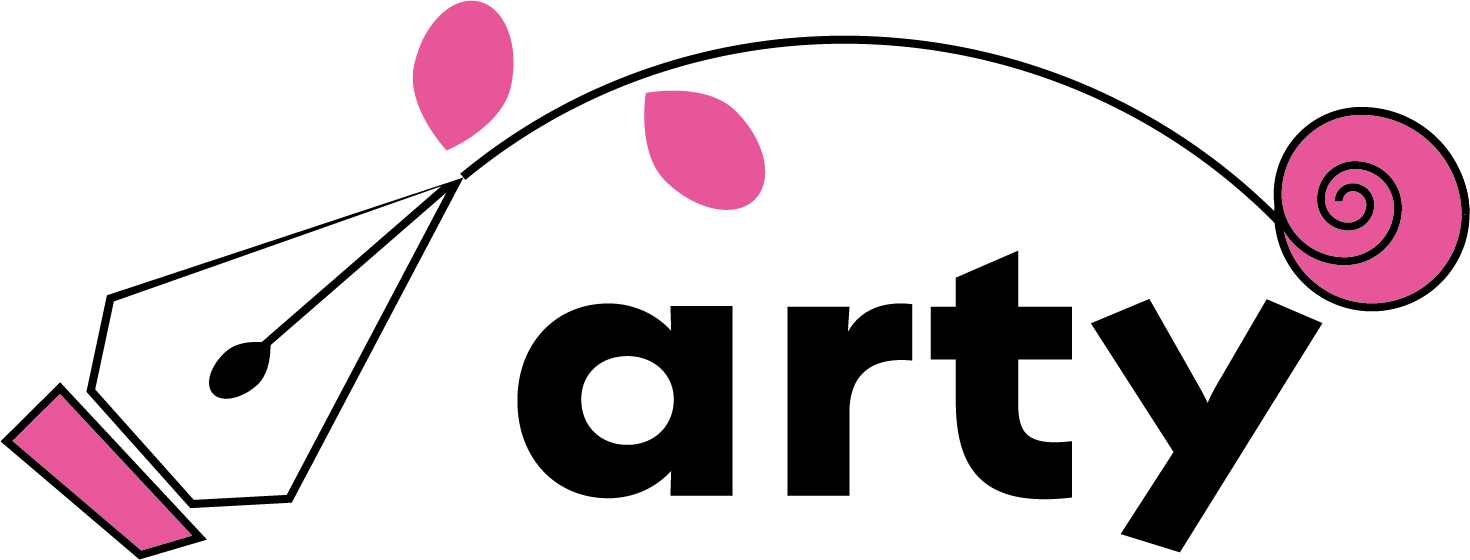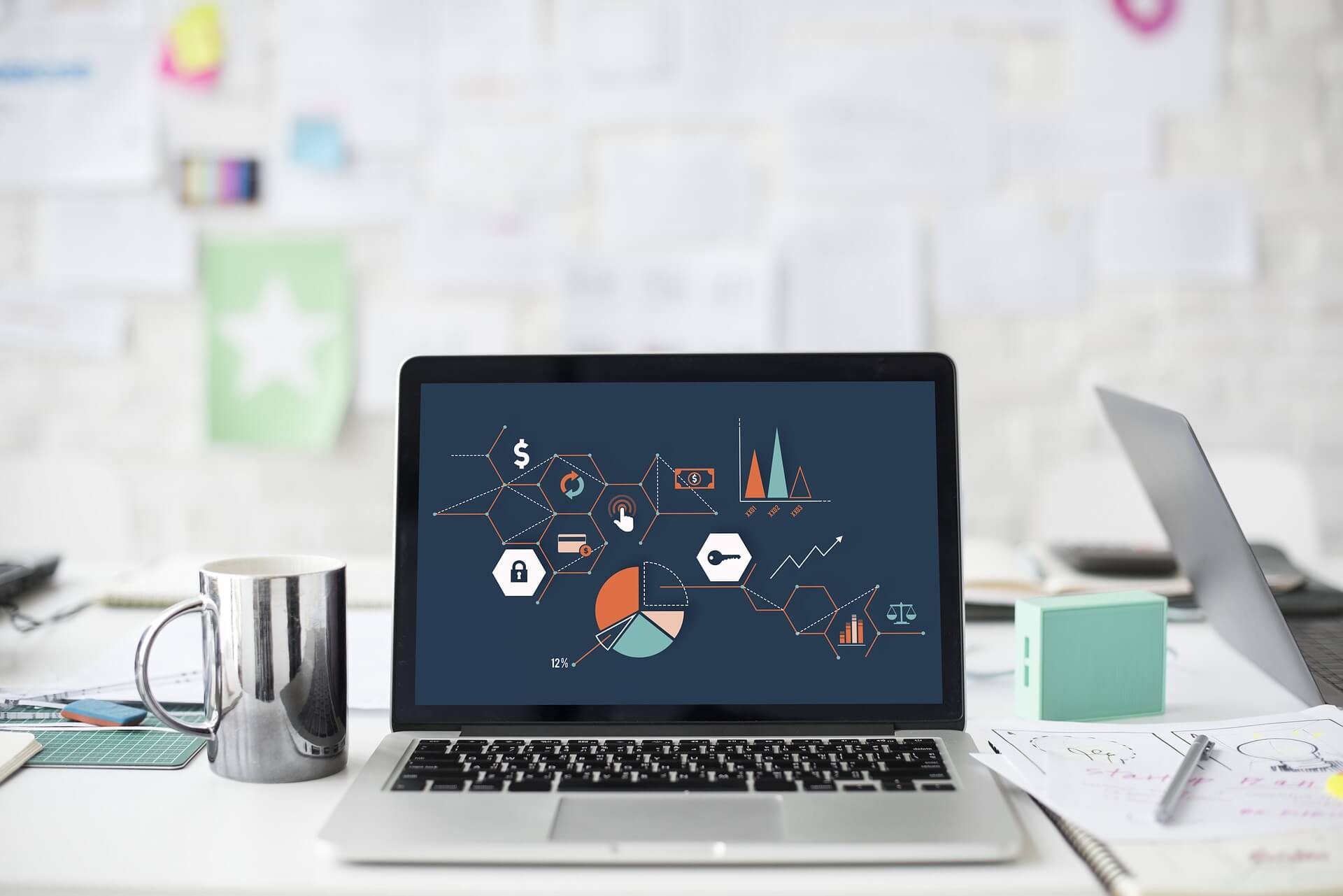ARTY: A DIGITAL ART THERAPY APPROACH FOR VULNERABLE YOUTH WITH MENTAL HEALTH CONDITIONS
Digital art therapy for youth with developing or existing mental health conditions (ARTY) is a 24-month Erasmus+ project. Coordinated by ESTUAR Foundation (Romania), the ARTY Consortium consists of six organisations active in different contexts from social inclusion within the mental health field, to educational and artistic-cultural: Anziani e non solo (Italy), Kmop (Greece), Intras (Spain), Habilitas (Romania), Cardet (Cyprus) and Artit (United Kingdom).
The Arty project aims to equip youth workers and organisations in the youth sector with a set of skills and knowledge on digital artistic techniques to help young people increase their mental well-being through a range of digital-based approaches. How is the ARTY Consortium progressing towards this project goal?
THE GUIDE TO DIGITAL ONLINE ARTISTIC ACTIVITIES FOR CSOs AND PROFESSIONALS WORKING WITH ADOLESCENTS
First result of the ARTY project consists in the Methodological Guide for CSOs and relevant professionals to implement online digital art activities for youth with psychological disorders. The Guide includes roadmaps, creative and good practices to organize and develop online digital art activities with a positive effect on the wellbeing of youth affected by the pandemic. The Guide enables the CSOs and professionals working with adolescents to take advantage of digital tools to boost youth mental wellbeing. The guide is the result of a desk research conducted in each partner country to get an idea of existing programmes, practices and methodologies that aim to improve the mental wellbeing of young people through the Art, particularly those that focus on digital artistic and creative tools. In addition to the desk research, the Consortium questioned central actors operating in the educational, political, cultural and social fields in order to find out their views on the availability and the potential of digital artistic tools in working with adolescents, integrating this valuable information with that of the desk research. The product of this first phase of theoretical and field research was then piloted and evaluated. By the present, you can consult and download free of charge the final version of the ARTY Methodological Guide in English, Italian, Greek, Spanish and Rumanian directly from the website via this link: https://artyproject.eu/downloads/.
THE ARTY TRAINING CURRICULUM: THE CAPACITY BUILDING PROGRAM
The ARTY partnership has created an updated curriculum for youth workers, psychologists, social workers and practitioners, which takes the name of Capacity Building Program. Aim of the second result of the ARTY project is to fill the gaps detected in the field of continuous access to mental health care through the extension of professionals’ ability to offer digital artistic activities to vulnerable youth with mental health conditions. By utilizing digital tools in creative activities, beneficiaries of the Capacity Building Program will be able to offer continuous support to their users, even in case of social distancing and mobility restrictions. Based on the evidence contained in the methodological guide, the Capacity Building Program covers various topics, including the most commonly used art techniques – from music to dance, theatre, film and photography – the design and development of online interventions that promote wellbeing through Art, an introduction to ARTY guide, self-care techniques and peer-to-peer support, as well as resources and ways to ensure access to digital…The course, piloted and evaluated by nearly 400 professionals from across Europe, will soon be available online as an open educational resource and downloadable from the project website in English, Italian, Greek, Spanish and Rumanian.
NEXT STEPS
Partners are now working jointly on the creation of the awareness-raising toolkits on the impact of Covid19 on young people with developing or existing mental health conditions, third and last outcome of the ARTY project. The toolkits, shaped by desk research and by the direct voice of those who deal with young people in various contexts, make sense in terms of raising awareness of the broader society on the issue of young people mental health, providing policy recommendations to more effectively contain and impact the emotional, relational and cognitive effects of Covid19 on adolescents. As with the methodology guide and the ARTY course, the toolkits will also be soon available and downloadable free of charge from the project website in English, Italian, Greek, Spanish and Rumanian.
Download this newsletter in:
English
Greek
Italian
Romanian
Spanish

